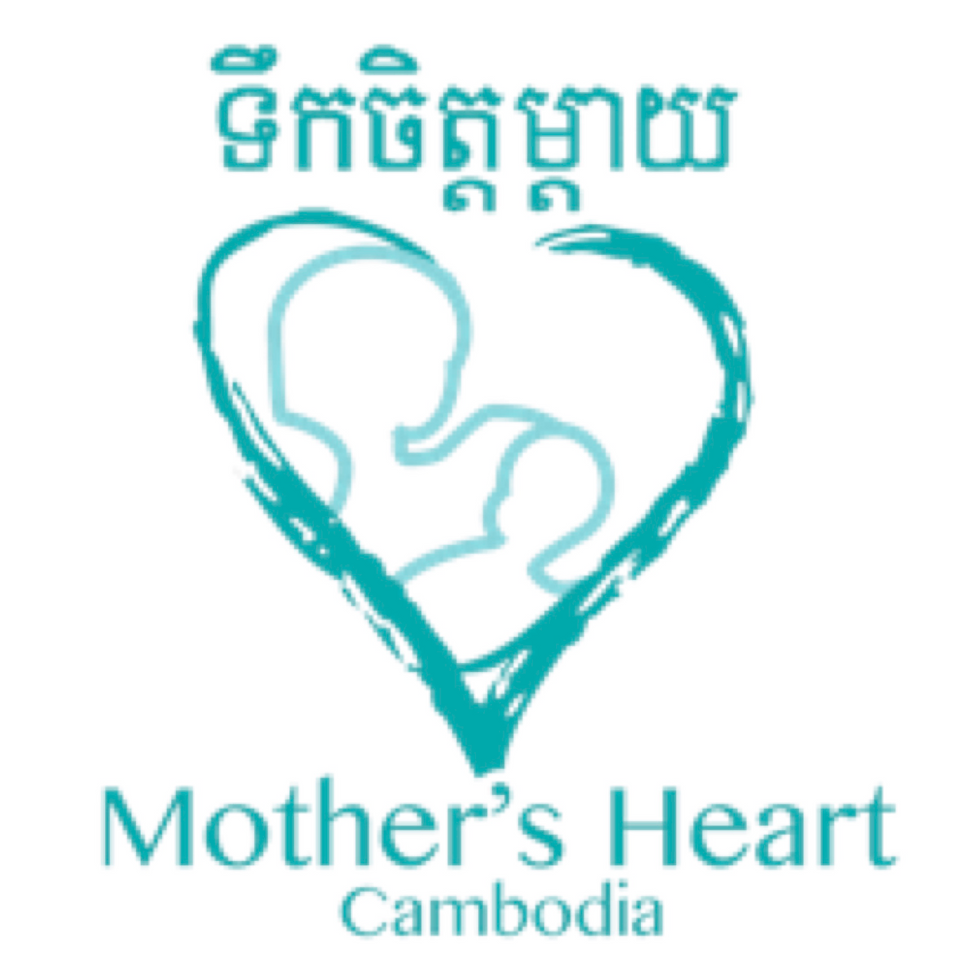For my baby I can do this
- Jan 13, 2015
- 2 min read
Never underestimate the resiliency and determination some women have to become loving, responsible mothers. When women first come to Mother’s Heart, sometimes we have trouble picturing them ever being able to parent a baby. We have hope always but even we can underestimate what some women will draw on to change their lives.
Like many young rural women, Konika arrived in Phnom Penh at thirteen years old to work as a domestic servant in the home of a distant relative. The cultural expectation for Konika is that she will help with the family income and maybe her siblings can have a chance at education.

While there, her relative attempted to rape her.
For Konika this is equivalent to personal failure. Unmarried with possible loss of virginity leaves her without social status or value. This is virtually a ticket into the sex industry. Konika ran away and began work in a Phnom Penh red light area. Fellow sex workers usually help out by getting you started on yama, a euphoric methamphetamine that makes you more productive and helps you cope with unpleasant clients and long hours. It is also chronically addictive, suppresses appetite and withdrawal induces severe depression (Barrett, 2006).
Konika’s life became a pursuit of money to feed her habit and support her boyfriend. In and out of NGOs, different work places, and women’s shelters, Konika could cling to nothing strong enough to help her fight addiction and all that goes with life in sex work.

It was when she found out she was four months pregnant that change really began - not immediate or fast but it was there. She now had someone to live for. Konika found a shelter, returned to work, and connected with Mother’s Heart.
Trust did not come easily to Konika. Because of her previous haphazard interaction with NGOs, she automatically mistrusted Mother’s Heart staff. She gave most of her salary to her boyfriend and occasionally relapsed into drug use. Sick and malnourished, disinterested in taking medicine, Konika would fall asleep at counseling sessions. Yet the farther along she got in her pregnancy, the harder she tried.
It was at delivery that Konika really changed. A tiny, utterly dependent baby provided the way for Konika to trust, accept love and open up to Mother’s Heart staff. She came to see how others had tried to help her and that she was receiving true unconditional help now.
Drug use had impaired Konika’s memory and comprehension. An NGO graciously offered a trial period of vocational training in the hope that Konika could understand instructions and complete tasks. She did it. She passed her trial period and is now in full time training.
Konika has been transformed. So sullen and unresponsive to begin with she is an engaging young woman who gets along well with others, cares for herself and diligently cares for the baby who allowed her to discover the power of hope.
Barrett, M. E. (2006). Nature and Scope of Substance Use among Survivors of Exploitation in Cambodia: An Assessment.Phnom Penh: The Asia Foundation.










Comments